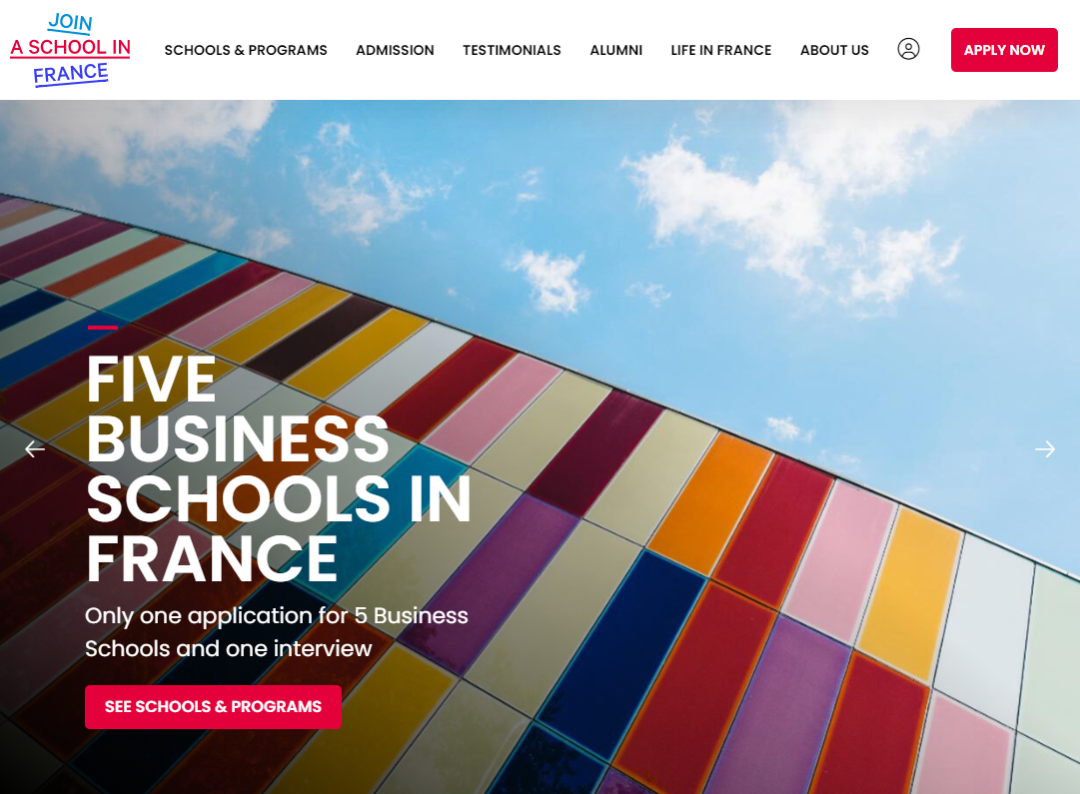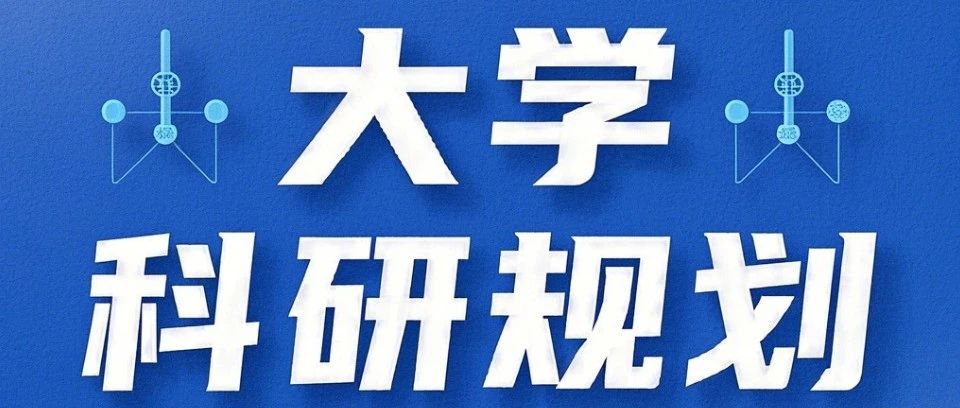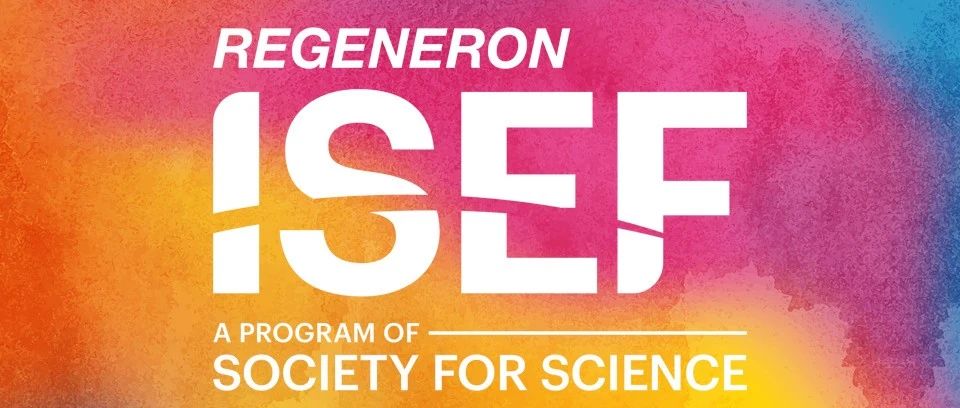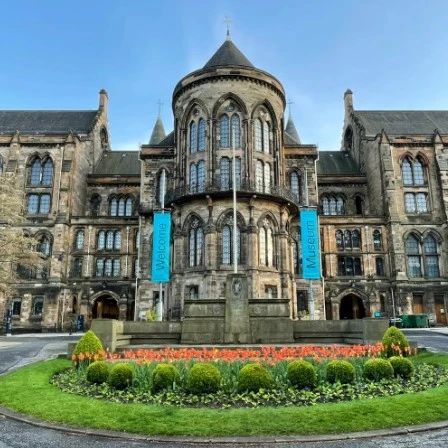随着2024夏季全国总决赛赛事公告的发布,热情与期待在每一位辩论爱好者心中燃起。公共论坛辩论的辩题及小学生辩论备稿辩题到底是什么呢?
它们就像是一块磁铁,牢牢牵动着选手们的目光,激发着大家对即将到来的演讲辩论盛事的无限遐想。让我们共同期待,那些即将在赛场上闪耀的观点和论据,它们将如何点亮我们的思维,启迪我们的深度思考。
今日,我们将揭晓2024夏季全国总决赛公共论坛辩论&小学生辩论备稿辩题的三大重要信息,包括辩题公布、免费辩题分析课以及Sample Case的提供。
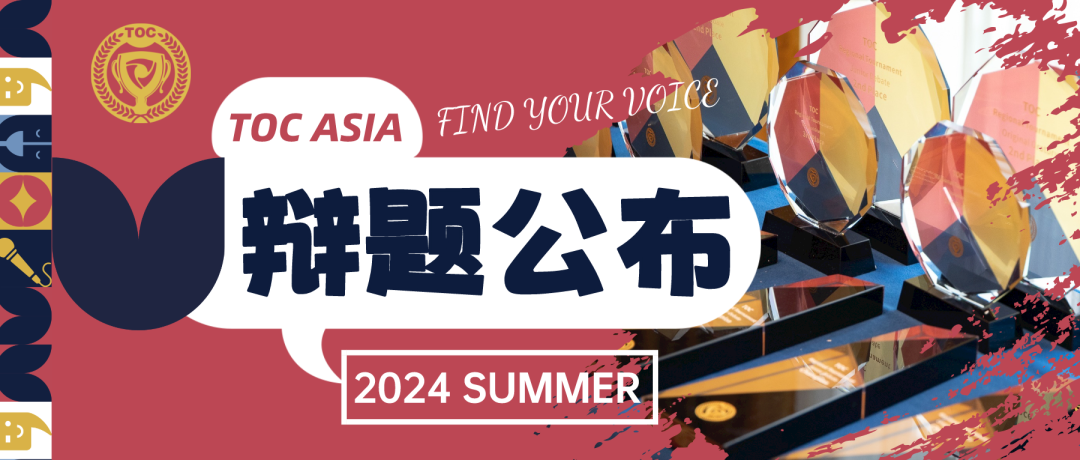
公共论坛辩论辩题
Resolved: "Drug patents should be abolished."
药品专利应该被废除。
小学生辩论备稿辩题
R1
The education system should abandon the use of standardized tests.
R3
We should ban zoos.
R5
The justice system should focus on correcting the future behavior of prisoners rather than punishing them while they are in prison.
R7
Developing countries should prioritize the environment over their economies.
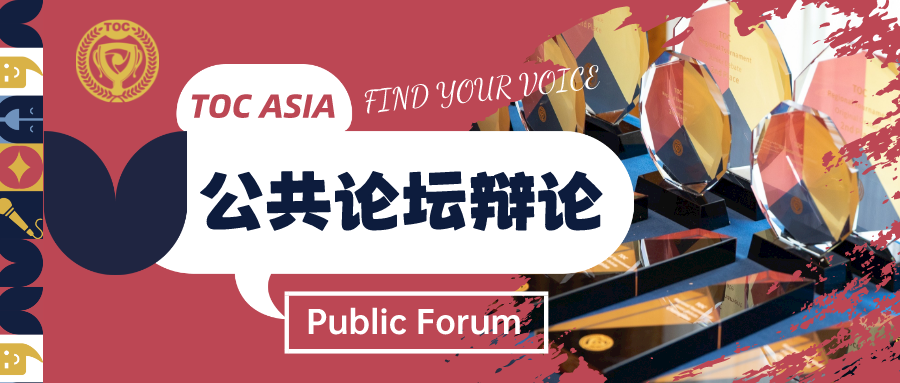
为了帮助大家更好地把握辩题、分析辩题背景、拓展论点、掌握比赛关键。Vicky教练特奉上夏季公共论坛辩论免费辩题分析课程以及Sample Case,希望借此让选手们获得专业实战技巧及多维度思考的启发。
Vicky Barcelon
COACH
TOC ASIA辩论演讲教练
Vicky教练拥有10年辩论演讲经验,曾在韩国中央大学亚洲辩论学院教授夏季课程辩论和公开演讲课程,并担任Ateneo辩论营和宿务校际辩论协会讲师,从中积累了非常丰富的教学经验。
Vicky教练的课程和教学风格深受学生们的喜爱,擅长根据学生的不同年龄特点和性格特征,进行针对性的教学工作,引导学生走出舒适圈,释放天性,激发他们的想象力与创造力,曾多次带领学生包揽TOC ASIA原创演讲冠、亚、季军等奖项。
🏆部分奖项🏆
2023 ABP 亚洲议会制辩论 总裁判长
UADC亚洲辩论锦标赛总决赛选手
PNDC菲律宾全国辩论锦标赛半决赛选手
澳大拉西亚校际辩论公开赛16强
01辩题分析课、Public Forum
| 辩题分析课安排Public Forum | |
| 6月6日(周四) | 18:00 |
| 辩题分析课辩题:
Drug patents should be abolished. |
|
*免费辩题分析课程仅对已报名该赛别的选手开放。
*请已报名选手于课程开始前,联系TOC赛事老师,获取课程链接。
02Sample Case、Public Forum
Sample Pro Case
Hustle culture, characterized by the glorification of overwork and the belief that success requires relentless dedication to work, has infiltrated various aspects of society, impacting individuals' health and well-being. While it may promise achievement and success, the proposition contends that hustle culture ultimately poses significant risks to people's physical and mental health.
Argument1: Abolishing drug patents allows for more competition and more accessible drug prices for consumers
A drug patent, also known as a pharmaceutical patent or chemical patent, is a specific typeof patent applied to inventions in the drug development world. It grants the inventor, typicallya pharmaceutical company, exclusive rights to a particular aspect of a drug. Without patents,any company can make a certain kind of drug, and the pressure to compete forcesfirst-movers to still keep prices low.
On the comparative, pharmaceuticals are profit-driven and are often beholden toshareholders who expect a significant return on their investment. Thus, with the protectionof patents, pharmaceuticals have the overwhelming incentive to price their drugs atextremely high rates and maximize their profits. The increase in price means that the drugsbecome inaccessible to the majority of consumers.
For example, In 2015, Martin Shkreli, who was the CEO of Turing Pharmaceuticals, acquiredthe rights to a drug called Daraprim, which is used to treat a parasitic infection that can be acomplication in AIDS patients. After acquiring the drug, he raised its price from $13.50 to$750 per pill, sparking outrage and controversy. Shkreli's actions drew widespread criticismand led to increased scrutiny of pharmaceutical pricing practices.
The impact of this is that, absent any price restrictions, the industry has every incentive toprice their drugs at extremely costly rates. This would mean that companies are able tosqueeze out profits while only giving drug access to a small privileged minority ofconsumers. Ultimately, this can deny people access to essential and even life-savingmedications.
Argument2: Abolishing drug patents allows for open collaboration and faster development ofessential drugs
Patents can restrict collaboration between researchers. Competitors are less likely to shareknowledge or resources if discoveries could be patented by another company. Withoutpatents, open-source drug development could be encouraged, fostering collaboration andpotentially accelerating the discovery and development of life-saving treatments.
For example, during the AIDS epidemic in Africa, access to life-saving antiretroviral drugs(ARVs) was limited due to high patent prices. South Africa, facing a public health crisis,issued compulsory licenses that allowed generic production of ARVs. This significantlyreduced medication costs and expanded access to treatment for millions of people. Whilethis action was controversial, it highlights the potential benefits of a system that prioritizespublic health needs over exclusive control by patent holders.
Sample Con Case
Argument1: Abolishing patents harms long-term investment and research into essential drugs, due to the high costs involved in research and development
Pharmaceutical companies are incentivised by profit margins to produce drugs that improvethe living standard of individuals and improve their health. Drug development is a notoriouslyexpensive and risky endeavor. Patents act as a crucial incentive for pharmaceuticalcompanies to invest in this high-risk research. Pricing up drugs is the way that companiesare able to recoup the costs of research and development and generate profit. According tothe American Legislative Exchange Council, it costs an average of $2.6 billion to bring a newdrug to market. While setting abolishing patents may reduce the short term costs forconsumers, these policies would harm consumers in the long term.
According to the Rand Corporation, research points to an underlying link betweenmanufacturer revenues and the pace of pharmaceutical innovation: Though some havechallenged this link, evidence suggests that lower profits delay the development andintroduction of new drugs.
Further research by the American Legislative Exchange Council suggests that abolishingdrug patents would limit the dollars reinvested into the development of new drugs. Thiswould hurt the access to new forms of treatment for people in the long term. The researchalso found that if investors see less return-on-investment in the pharmaceutical industry,fewer will continue to reinvest revenues into the industry as a whole.
The impact of this is that consumers will not have access to potentially life-saving drugs andtreatment to conditions currently don’t have sufficient treatment available to them. Whilerelatively high prices may not be desirable, it is far better than not having access to thesetypes of drugs at all.
Argument 2: Patents help maintain quality control in the production of drugs, and abolishing them could reduce their efficacy
Patents play a role in ensuring the quality and safety of new drugs. The patent applicationprocess requires detailed disclosure of the manufacturing process, allowing regulatoryagencies to thoroughly evaluate the drug's safety and efficacy.
Without patent protection, there might be less incentive to maintain high quality standardsduring production. Generic drug manufacturers competing solely on price might be temptedto cut corners, potentially compromising the safety and effectiveness of medications.
For example, in 2019, the FDA identified inconsistencies in the amount of active ingredient(levothyroxine) in some generic versions of this medication for hypothyroidism.
Finding ways to improve access to affordable drugs while maintaining these quality controlmeasures is an ongoing challenge. Abolishing patents entirely could create a scenario whereessential safeguards are weakened, potentially putting patient safety at risk.
TOC ASIA总裁判长Mikkel教练将奉上本次小学生辩论免费辩题分析课程以及“(Motion2)Sample Pro Case”希望借此让选手们获得专业实战技巧及多维度思考的启发。
Jacob Mikkel
L. Neri
COACH
TOC ASIA总裁判及辩论演讲教练
Mikkel教练目前任职TOC ASIA总裁判兼首席辩论演讲教练,拥有10余年赛事及指导经历。作为辩手,他战绩斐然,曾获得菲律宾大学校际辩论赛冠军、百尼德校际辩论赛冠军、联合国际辩论赛最佳辩手等。丰富扎实的实战经验及完善的理论体系,使他成为了一位备受尊敬的教练,为无数学生提供了精准、专业、高效的备赛指导。
Mikkel教练尤其重视学生的个人成长和团队协作,鼓励学生充分发掘才能与天赋。在他的带领下,许多学生在国内外大型赛事中取得了卓越的成绩,拿下多项荣誉,让学生们收获自信、独立思考等综合能力。
🏆部分奖项🏆
Philippine Intercollegiate Debating Championship, Champion, 2019
Benilde Intervarsity, Champion, 2018
United Nations Urban Debates, Overall Best Speaker, 2018
Asian BP, Open Quarterfinalist, 2017
Australs Open Octofinalist, 2018
01辩题分析课、Junior Debate
| 辩题分析课安排Junior Debate | |
| 6月11日(周二)20:00 | Motion2 |
| 辩题分析课辩题:
We should ban zoos. |
|
02Sample CaseJunior Debate
Motion2
We should ban zoos.
Sample Pro Case
Confining wild animals to enclosures prioritizes entertainment over their well-being. Today, we propose a bold step: banning zoos entirely.
①Unnatural Confinement: Wild animals have evolved for vast territories and complex social interactions. Zoos, with their limited spaces and artificial habitats, simply cannot replicate these needs. Pacing lions, stereotyping elephants – these are all signs of psychological distress. Captivity restricts natural behaviors, leading to frustration and suffering.
②Flawed Conservation Efforts: Zoos often claim to be bastions of conservation. However, many breeding programs struggle to maintain genetic diversity, hindering reintroduction efforts. Furthermore, resources dedicated to zoos could be better directed towards protecting wild habitats – the true key to species survival.
③The Education Argument is Flawed: Zoos claim to educate the public about animals. Yet, seeing a majestic lion confined in a concrete cage hardly fosters respect for its wild spirit. Powerful documentaries and virtual reality experiences can offer a more immersive and ethical educational experience.
④Ethical Alternatives Exist: Sanctuaries prioritize animal welfare, offering spacious habitats with natural elements. Rescue centers care for injured or orphaned animals, focusing on rehabilitation and potential release. These alternatives allow us to connect with animals without sacrificing their freedom.





